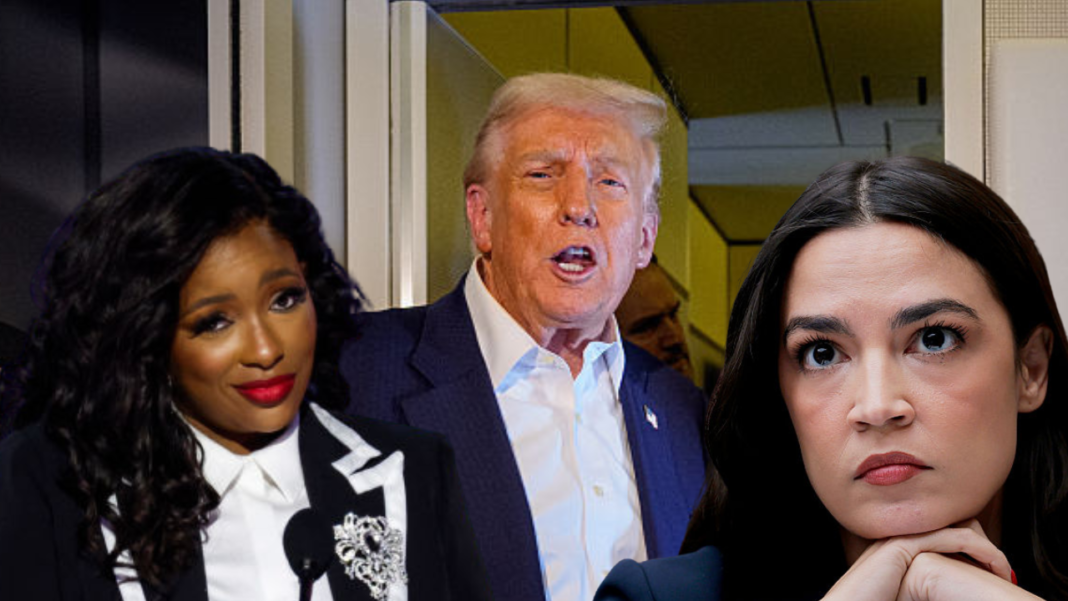President Trump’s MRI Revelation Sparks Health Concerns
On a recent flight aboard Air Force One, U.S. President Donald Trump stirred conversation and speculation regarding his health after revealing he underwent an MRI earlier this month. “I got an MRI. It was perfect,” Trump told reporters while en route to Japan, prompting immediate inquiries into the context and implications of his medical disclosure.
Despite his confident assertion about the MRI results, Trump’s earlier visit to Walter Reed National Military Medical Center raises questions. When asked for specifics, he claimed he had “given you the full results,” yet a letter released by the White House Office of the Physician to the President did not mention anything about an MRI. Instead, it confirmed he underwent follow-up tests but left many crucial details unexplained.
The Mystery of Medical Reports
In the realm of presidential health, the standards for transparency can be murky. Annual physical exams for U.S. presidents have become a common practice, yet there is no legal requirement for comprehensive public disclosure of results. This gives the White House substantial leeway in deciding which details reach the public. Trump, however, boasted that doctors had told him his examination showed “some of the best reports they’ve ever seen,” adding another layer of speculation.
Trump’s references to the evaluation led to questions about specific tests he may have taken. He suggested in somewhat vague terms that he had undergone “very conclusive” tests without offering any substantial details. Historically, conversations surrounding a president’s health have been pivotal, underscoring the question of transparency, especially for a leader who often emphasizes physical fitness in public discourse.
Political Sophistry Amidst Health Concerns
political personas have long influenced public perceptions of health. Prior to discussing the MRI, Trump directed his attention towards political opponents, notably Democratic representatives Jasmine Crockett and Alexandria Ocasio-Cortez. He labeled both as “low IQ,” a remark that prompted further scrutiny of his own statements about cognitive testing and mental acuity. Speculating on their ability to pass cognitive tests, he invited challenge, remarking on the simplicity of initial questions compared to complex ones later on. This rhetoric serves not only as a distraction but also as a reflection of the political battlefield where health is leveraged for critique.
It’s noteworthy that the physician’s letter did not substantiate Trump’s claims regarding cognitive tests, adding to the uncertainty surrounding his statements. Such inconsistencies can create an environment ripe for misunderstandings and conspiracy theories, especially regarding health.
Health Concerns Across the Political Spectrum
Trump’s recent MRI announcement follows a series of health-related events that have generated public concern. Speculation surrounding the president’s health sparked previously due to visible signs like bruising on his right hand and leg swelling, explained by the White House as a common, benign condition known as chronic venous insufficiency—a condition not uncommon in older adults.
In a political climate where age and health are focal points, the scrutiny of Trump’s health is significant, particularly given his status as the oldest president in U.S. history following his election in 2024. Critiques regarding age were a prevalent aspect of Trump’s narrative against former President Joe Biden, leading many to argue that the same level of scrutiny should apply to Trump.
Historical Health Transparency?
The Trump administration has faced accusations of being opaque concerning the president’s health, particularly during his COVID-19 infection in 2020. Although initially downplaying symptoms, subsequent revelations indicated low oxygen levels and a real need for medical intervention. Such instances contribute to an ongoing dialogue about the importance of transparency regarding the health of national leaders.
Former aides, like Yemisi Egbewole, advocate for equal attention to Trump’s health, emphasizing the irony of the MAGA movement’s focus on Biden’s age and health while ignoring their own leader’s circumstances. Egbewole argues that just as Biden’s health was scrutinized, Trump’s health needs similar examination, ensuring a balanced and fair dialogue regarding the well-being of all leaders.
The Broader Implications of Health Disclosures
As health remains an essential topic in political discussions, the implications of how information is shared can significantly impact public perception. The ongoing narrative around health—whether it’s President Trump’s disclosures or speculations regarding Biden—reflects a broader concern about leadership fitness in today’s political climate. When presidents prioritize health disclosures as transparent and open, it can lead to greater public confidence and understanding, even amidst the complexities of political loyalties and biases.



